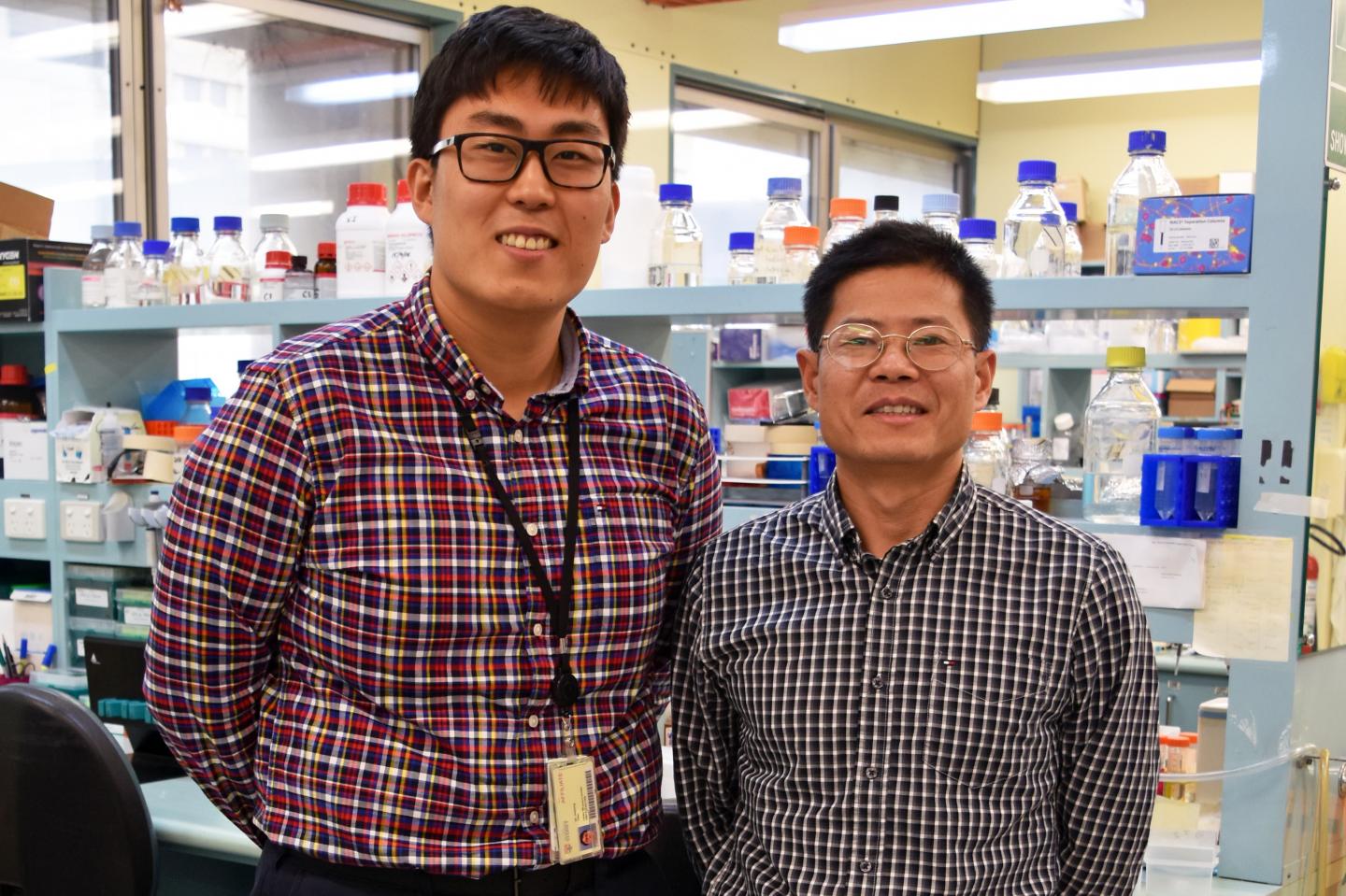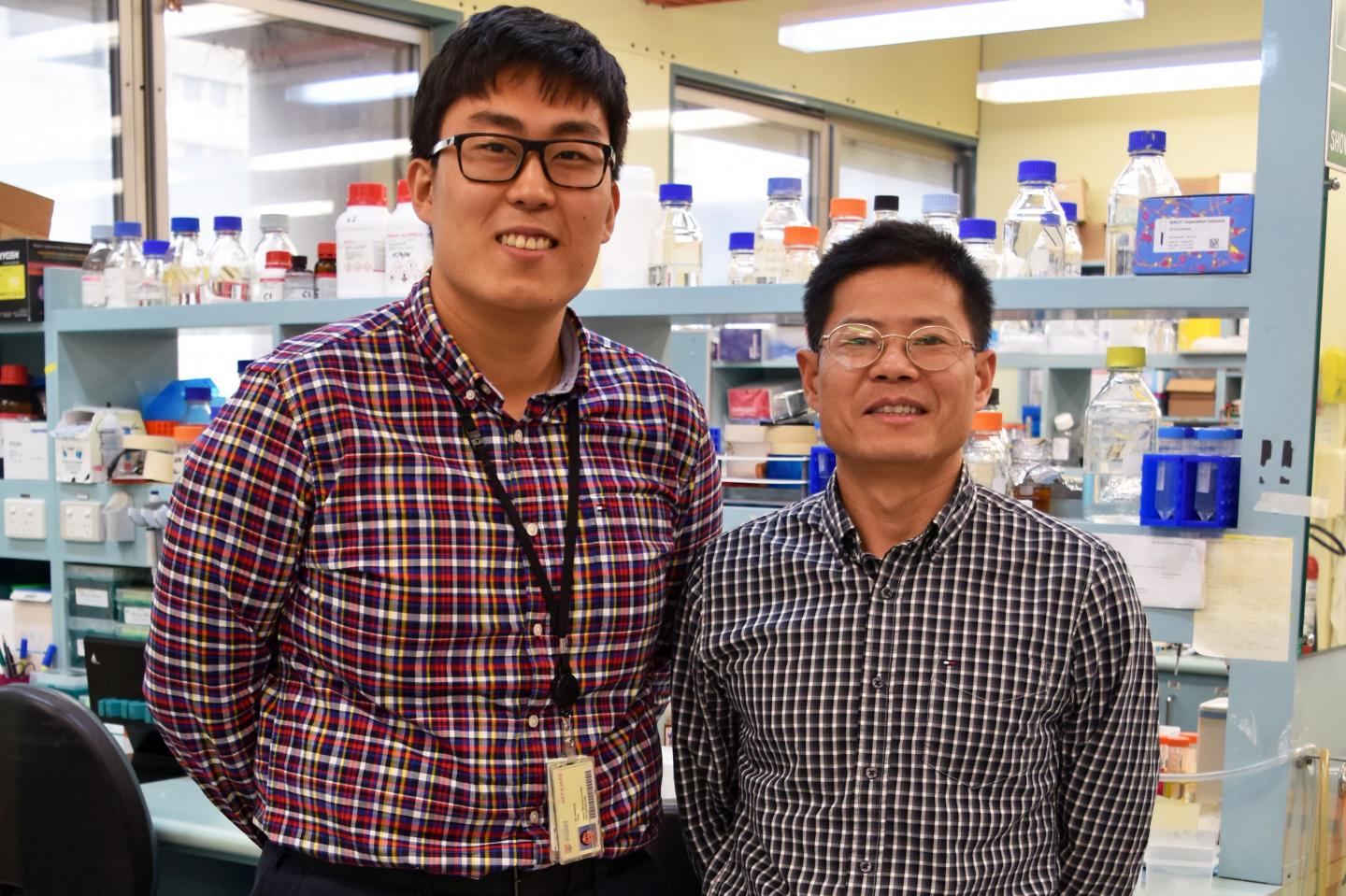
Credit: The Centenary Institute
A study led by researchers at the Centenary Institute has identified a drug currently used to treat cancer patients, as a potential treatment option for a leading cause of stroke in young people.
Cerebral Cavernous Malformations (CCM) occurs when abnormal and dilated thin-walled blood vessels form clusters in the brain; altering blood flow. The condition affects as many as 1-in-200 people, and can cause bleeding, epilepsy and stroke.
Most patients with CCM have no known genetic abnormality and only learn of their condition when they have an MRI on their brain for an unrelated condition – for example, a blow to the head. Other patients only discover their condition after experiencing a symptom, such as a seizure or a stroke.
Currently, the only treatment for CCM is surgery, which is not always possible; highlighting the urgent need for non-invasive, pharmacological treatment options.
In a study published in highly-regarded scientific journal Science Advances, researchers from the Centenary Institute in Sydney and several other institutions in Australia and China, have identified a suitable candidate.
Ponatinib is a drug which has been approved by the Food and Drug Administration (FDA) and is currently used to treat cancer patients. Through using mice models, these researchers have discovered the drug also inhibits the signalling pathway of the enzyme MEKK3; a process which is one of the causes of CCM.
Lead author and Centenary Institute researcher, Dr Jaesung Peter Choi says it's a significant step in the quest to find a suitable treatment for this debilitating disease.
"Our next goal is to synthesise derivatives of Ponatinib for specific use in CCM to maximise its efficacy, and to minimise any side effects," says Dr Choi.
Senior author and Head of Centenary's Cell Signalling Laboratory, Dr Xiangjian Zheng, says they're currently speaking to neurosurgeons in the US and China, with the hope of setting up a clinical trial.
"CCM is a cruel disease, which many patients don't realise they have until they experience a seizure or a stroke. If successful in clinical trials, this drug could potentially save lives," says Dr Zheng.
###
For more information about Centenary Institute, visit http://www.centenary.org.au
Media Contact
Laura Parr
[email protected]
@centenaryinst





